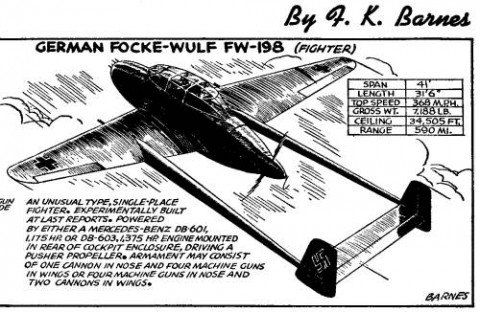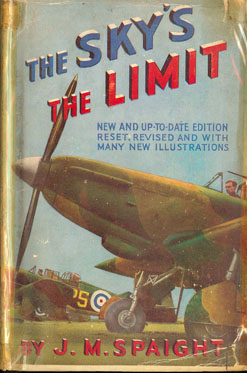Amy Johnson changes her mind
[Update: due to my misunderstanding of a key word, this post is fundamentally misconceived. Exercise due caution!] Hello everybody, I seem to have got here at last, it’s been a long long time but here I am and jolly glad I am to be here at last. I bring [inaudible] from the people of England […]


